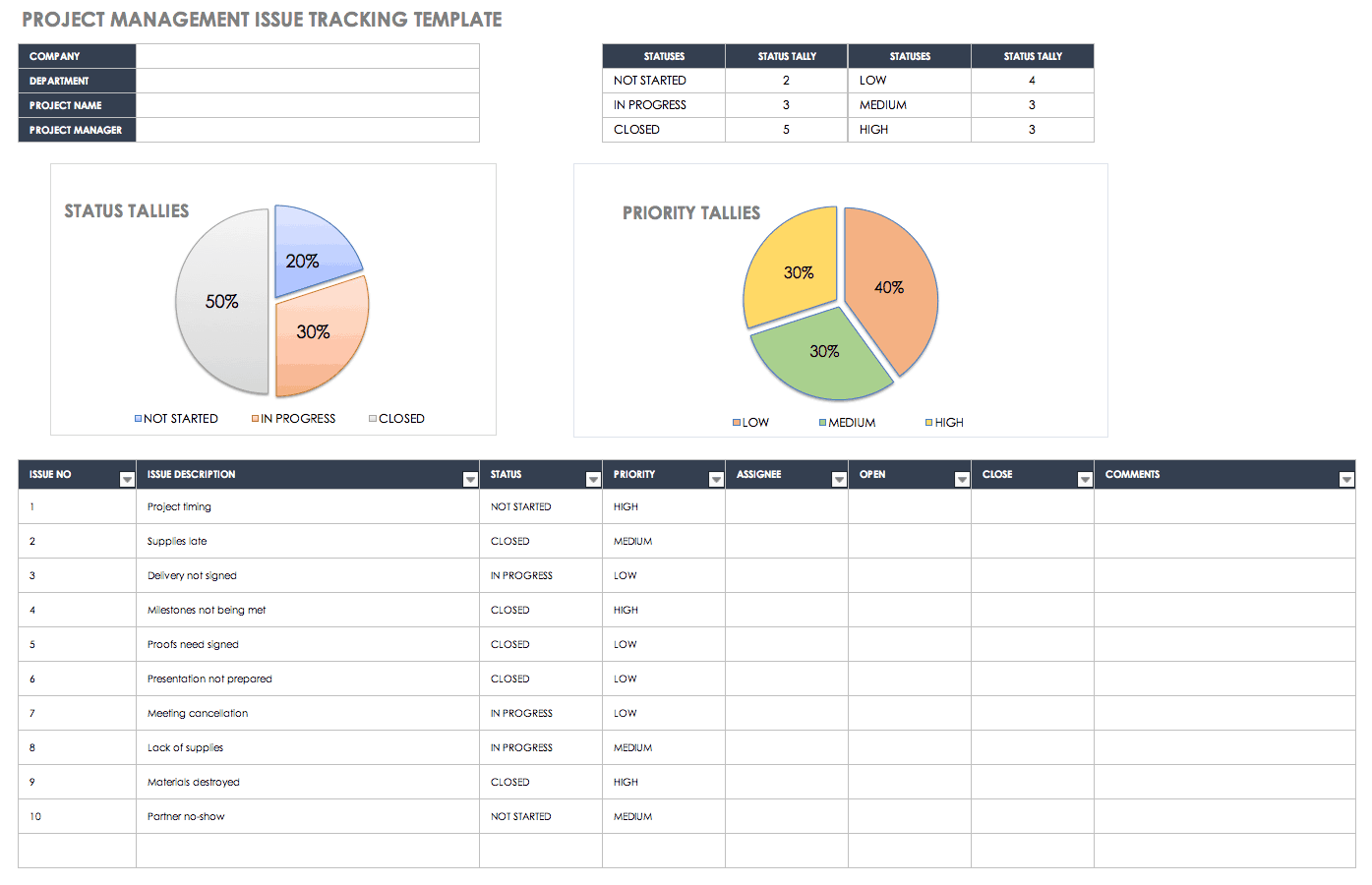Creatine 101: A Guide To Its Use And Effects

Table of Contents
What is Creatine?
Creatine is a naturally occurring organic compound that plays a crucial role in energy production within the body, primarily in muscles. It's vital for the synthesis of adenosine triphosphate (ATP), the primary energy currency used by cells for high-intensity activities like weightlifting and sprinting. While your body naturally produces creatine, and it's also found in foods like red meat and fish, supplementation allows for increased levels, leading to various performance benefits. The most common and extensively researched form of creatine is creatine monohydrate.
- Naturally produced in the body and found in red meat and fish: Dietary intake contributes to your overall creatine levels, but supplementation often provides a more significant and consistent increase.
- Improves high-intensity exercise performance: Creatine's primary function is enhancing the body's ability to produce energy during short bursts of intense activity.
- Supports muscle growth and strength gains: By facilitating energy production and muscle hydration, creatine contributes to increased muscle size and strength.
How Creatine Works in the Body
Creatine's primary mechanism involves boosting the production of ATP. Specifically, it increases the stores of creatine phosphate in muscle cells. Creatine phosphate acts as a readily available reserve of energy, enabling the rapid regeneration of ATP during periods of high-intensity exercise. This enhanced ATP regeneration translates directly into improved power output and reduced fatigue. Furthermore, creatine promotes muscle cell hydration and protein synthesis, both essential factors in muscle growth (hypertrophy).
- Increases creatine phosphate stores in muscles: This leads to greater energy availability during high-intensity exercise.
- Enhances ATP regeneration during high-intensity activities: This results in improved performance and reduced fatigue.
- Facilitates muscle growth by promoting protein synthesis: Creatine indirectly supports muscle building by increasing the rate of protein synthesis.
- Improves muscle hydration leading to increased muscle size: The increased water retention within muscle cells contributes to a fuller, larger appearance.
Benefits of Creatine Supplementation
Numerous studies have demonstrated the significant benefits of creatine supplementation for various aspects of health and athletic performance.
- Increased strength and power: Studies show creatine supplementation can lead to a significant increase in 1RM (one-repetition maximum) on bench press and squat exercises, indicating improved strength and power output. This is particularly beneficial for weightlifters and power athletes.
- Improved muscle growth and size (hypertrophy): Creatine's effect on muscle hydration and protein synthesis contributes to noticeable gains in muscle mass and size over time. This is evident in both strength training and resistance training programs.
- Enhanced athletic performance (especially in high-intensity activities): Creatine's ability to boost ATP production significantly improves performance in activities requiring short bursts of intense energy, such as sprinting, weightlifting, and high-intensity interval training (HIIT).
- Potential cognitive benefits (though less researched): Some studies suggest potential benefits for cognitive function, including memory and mental performance, although more research is needed in this area.
How to Use Creatine Effectively
To maximize creatine's benefits, understanding proper usage is essential. Two common strategies exist: a loading phase followed by a maintenance phase.
- Loading phase: Involves consuming a higher dose (typically 20 grams per day) for 5-7 days to rapidly saturate muscle creatine stores.
- Maintenance phase: Following the loading phase, a lower dose (3-5 grams per day) is sufficient to maintain elevated creatine levels.
- Proper hydration: Adequate water intake is crucial for creatine absorption and to prevent potential side effects like muscle cramps. Drink plenty of water throughout the day, especially during and after workouts.
- Cycling creatine use: Many athletes choose to cycle creatine, meaning they use it for a period (e.g., 8-12 weeks) and then take a break (e.g., 4 weeks) before restarting. This is believed to prevent the development of tolerance.
Potential Side Effects of Creatine
While generally safe, creatine supplementation can cause some mild side effects in certain individuals.
- Weight gain (water retention): Creatine increases water retention in muscles, leading to a slight increase in body weight. This is usually temporary and not a cause for concern.
- Muscle cramps: Although infrequent, some individuals report experiencing increased muscle cramps. Adequate hydration can help mitigate this risk.
- Gastrointestinal issues: In some cases, creatine can cause mild gastrointestinal distress, such as nausea or diarrhea, especially when taking higher doses.
- Consult a doctor: Before starting any new supplement regimen, including creatine, it is advisable to consult with your doctor, particularly if you have any pre-existing medical conditions.
Conclusion
Creatine is a well-researched and effective supplement for enhancing athletic performance and promoting muscle growth. By following the proper dosage guidelines and hydration recommendations outlined above, you can safely and effectively reap its numerous benefits. Remember to cycle your creatine usage and listen to your body.
Ready to experience the benefits of creatine supplementation? Learn more about incorporating creatine into your fitness routine and achieve your fitness goals. Start maximizing your performance with creatine today!

Featured Posts
-
 Page Not Found Error Major Reddit Outage Reported In The United States
May 17, 2025
Page Not Found Error Major Reddit Outage Reported In The United States
May 17, 2025 -
 Justes Jocytes Laikotarpis Villeurbanne Baigtas
May 17, 2025
Justes Jocytes Laikotarpis Villeurbanne Baigtas
May 17, 2025 -
 Analyzing The Knicks Overtime Defeat A Narrow Escape
May 17, 2025
Analyzing The Knicks Overtime Defeat A Narrow Escape
May 17, 2025 -
 Reddit Outage A Summary Of The Issues And Their Resolution
May 17, 2025
Reddit Outage A Summary Of The Issues And Their Resolution
May 17, 2025 -
 Bayern Munichs Comeback Victory Overcoming Stuttgarts Strong Start
May 17, 2025
Bayern Munichs Comeback Victory Overcoming Stuttgarts Strong Start
May 17, 2025
